We can’t visit other times or lead other lives. But we can do the next best thing and read a brilliantly-written book set in some historical time period that brings that world—and those people—vividly to life for us.
That’s what these 10 period fiction books are guaranteed to do, from 11th century Persia to 1950s Hollywood and beyond.
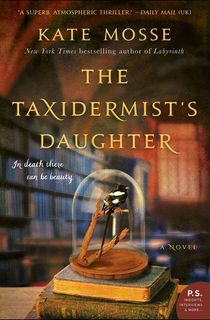
The Taxidermist's Daughter
“More than a decade into the twentieth century, superstition still holds sway.” So says the back cover of Kate Mosse’s “unputdownable” (The Times) book, which follows Constantia Gifford, the eponymous daughter a once world-renowned taxidermist.
A childhood accident has claimed Constantia’s earliest memories, and there is a secret buried there that she must uncover in this “superb, atmospheric thriller” (Daily Mail) which conjures the gothic shivers of the turn of the century with gripping effect.
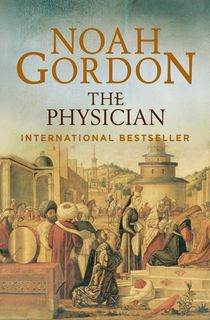
The Physician
Ever since Rob Cole watched his mother die, he has sought to understand human frailty and how to heal it. From New York Times bestselling author Noah Gordon, this “compelling novel recreates the 11th century so powerfully that the reader is propelled through its several hundred pages by a tidal wave of imagination and authentic detail” (Publishers Weekly).
Rob uses guile, deception, and absolute commitment to make his way to Persia to study medicine in this “adventurous and inspiring tale” (Library Journal) that is the first of a trilogy.
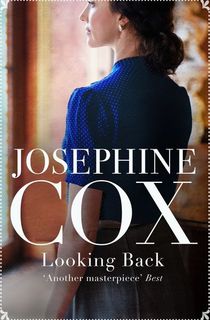
Looking Back
“A saga of tragedy, passion and excitement” (Yorkshire Post), Looking Back is “another masterpiece” (Best) by Josephine Cox, author of Nobody’s Darling and many others. Set in England’s North Country in the middle of the 20th century, Looking Back introduces readers to Molly Tattersall.
Just 18, Molly finds herself thrust into a position as head of the family when her mother disappears and her father abdicates his responsibilities. Torn between her duty to the family she adores and her desire for the man she loves, Molly makes difficult choices in this “classic tale of love against the odds” (Nottinghamshire Now).
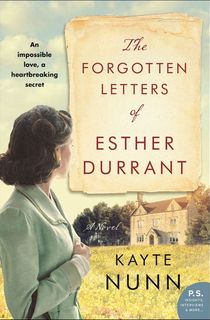
The Forgotten Letters of Esther Durrant
In 1951, Esther Durrant is committed to an isolated mental institution. In 2018, marine scientist Rachel Parker finds a collection of unsent love letters on an island off the Cornish coast.
Across decades, these two women’s stories intertwine as Rachel decides to try to get the letters to their original intended recipient in this “engaging, dual-period narrative” (Booklist) that shows how the smallest decisions can affect many lives throughout the years.
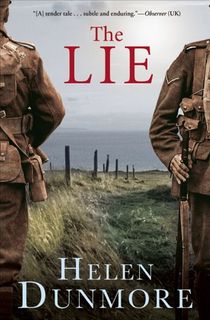
The Lie
Orange Prize-winning author Helen Dunmore takes us to Cornwall in the wake of the First World War. There, infantry officer Daniel Branwell has returned to his hometown, but he cannot escape the shadows of the war.
Nor can he escape the repercussions of a lie which threatens to destroy his new-built life in this “enthralling novel of love and devastating loss” (Good Housekeeping) that will transport readers to the coast of Cornwall in 1920, and into the life of a haunted man in a story that the Denver Post raves is “wholly satisfying.”
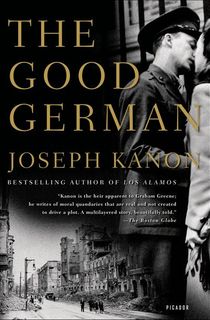
The Good German
Adapted into a major motion picture starring George Clooney, Cate Blanchett, and Tobey Maguire, Joseph Kanon’s “gripping” (Newsday) wartime thriller “demonstrates an eerie mastery of the evocative historical detail” (Washington Post) as it conjures Berlin in the immediate aftermath of World War II, a city that has been divided precariously into zones of occupation.
The result is a modern classic of “provocative, fully realized fiction that explores, as only fiction can, the reality of history as it is lived by individual men and women” (New York Times Book Review).
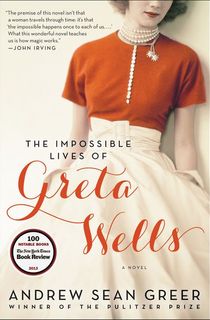
The Impossible Lives of Greta Wells
This “elegant and wistful” (Time Out New York) novel from Pulitzer Prize-winning author Andrew Sean Greer follows Greta Wells, a woman whose life has come apart. As she undergoes electroshock therapy, however, she finds herself experiencing something impossible – visions of her life as it might have been.
As she grapples with the possibilities and the costs of each alternate version of herself, this “elegiac […] tale of time travel, loss and compromise is as precisely engineered as a Swiss watch” (New York Times Book Review) and it brings readers along on an “emotionally rich” (Miami Herald) and compelling journey.
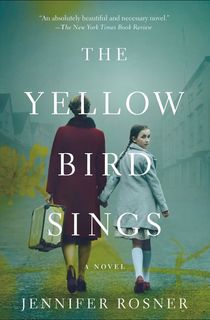
The Yellow Bird Sings
Named a Best Historical Fiction Book by Goodreads and a Must-Read Book by the Massachusetts Book Awards, The Yellow Bird Sings was also a finalist for the National Jewish Book Award and “proof that there’s always going to be room for another story about World War II” (New York Times).
When Roza and her 5-year-old daughter Shira flee from Nazi soldiers and take refuge in a hayloft, their hiding place relies on them remaining undetected, so Roza tells her daughter a story about a yellow bird, who sings for the voiceless in this unforgettable “study of music, imagination and the power of a mother’s love” (Parade).
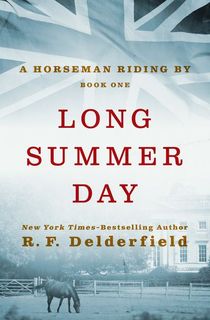
Long Summer Day
In the long “Edwardian afternoon” following the death of Queen Victoria, a veteran of the Boer War returns to England and takes up a neglected country estate in this “excellent read” (Sunday Express) that builds “an imposing artistic social history that promises to join those of his great forebears in the long, noble line of the English novel” (Life).
Through “sheer, wonderful storytelling” (Chicago Tribune), author R. F. Delderfield takes us through the story of a man’s life, and a country in the midst of change, as the First World War looms on the horizon.
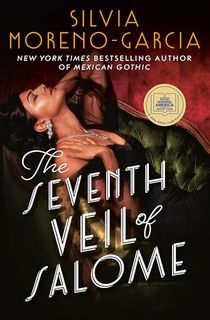
The Seventh Veil of Salome
Bestselling author Silvia Moreno-Garcia “proves, once again, that she is a master of her craft” (Kirkus Reviews) in this Good Morning America Book-Club pick set in 1950s Hollywood.
A major new production of the story of Salome is underway, and every actress in town wants the title part. The role goes to Vera Larios, however, an unknown young newcomer from Mexico, setting into motion a tragedy of Biblical proportions in this “compulsive page turner” (New York Times Book Review) from a rising literary star.

